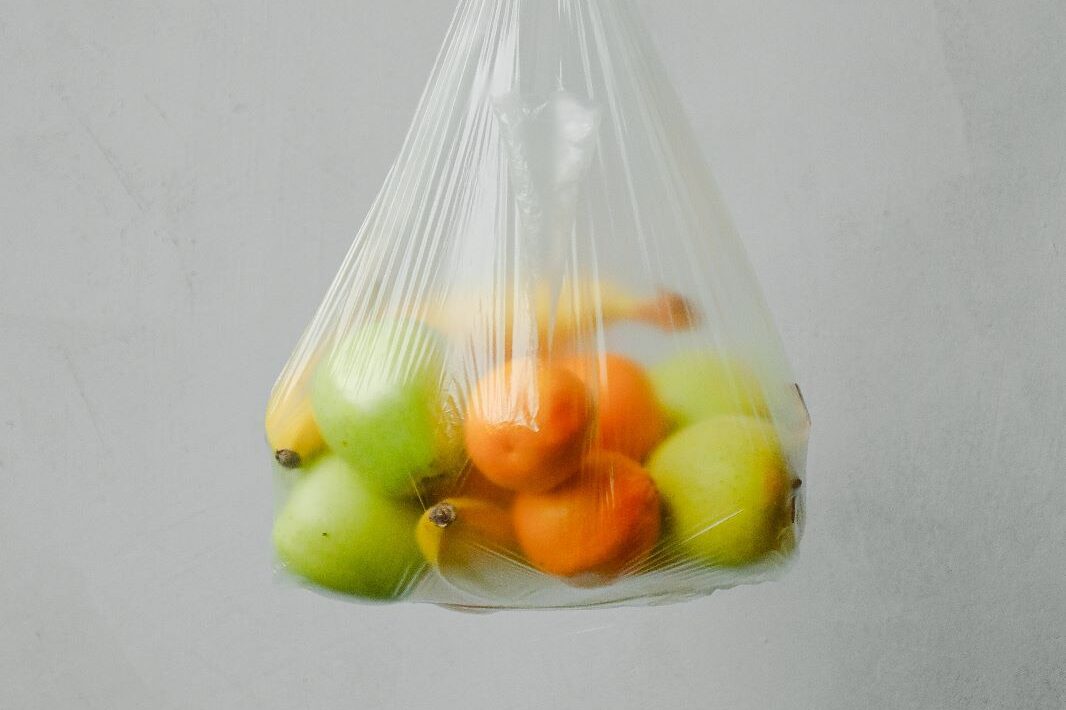
A world without plastic

Can we imagine a world without plastic packaging and disposable bags?
Plastic is ingrained in our lives more than we think and more than we see. Therefore, all actions regulating and limiting the use of this material are in line with the idea of sustainable development, which includes, among other things, taking care of the environment and managing seas and oceans.
As much as 40% of the plastic produced each year are single-use items, and most of the packaging we throw away within minutes of purchase. A significant part of plastic waste ends up in the seas and oceans. And then, in the fish on our plate.
Microplastic is everywhere
Over time, plastic breaks down into smaller and smaller pieces that end up in the water, and soil or even float in the air. The smallest particles with a diameter of fewer than 20 micrometers are called microplastics. Scientists have discovered it so far in drinking and bottled water, tea, fish and seafood, and even in sea salt sold in stores. After counting it from all known sources, it turned out that each of us eats 50,000 dry particles a year and inhales twice as much. We do not yet know the effects and impact on our bodies. That is why the subject is much more terrifying.
Every action to exclude and reduce the production of plastic is important. Changes are taking place slowly, but for several years, countries have been imposing new restrictions on the use of plastic in gastronomy.
Changes in gastronomy and shopping awareness
Although the use of only ecological packaging is a challenge for gastronomy, it does not necessarily mean a revolution in the kitchen. All banned products have biodegradable alternatives that we can use knowing that we are helping the environment and getting closer to our guests who expect ecological solutions in the businesses they support. In this case, trends are based on novelties.
Drink bars outdo each other in drinking straws. People came out of curiosity to see if this pasta or paper would “work”. Disposable cutlery and plates – there are made of bioplastic, but tableware made of bran is a better solution. Of course, let’s not forget about glass jars and containers, or wooden cutlery.
It is worth following the packaging market and checking new products. We hope that in the future, there will be more innovative solutions, that will expand the repertoire of available takeaway packaging.
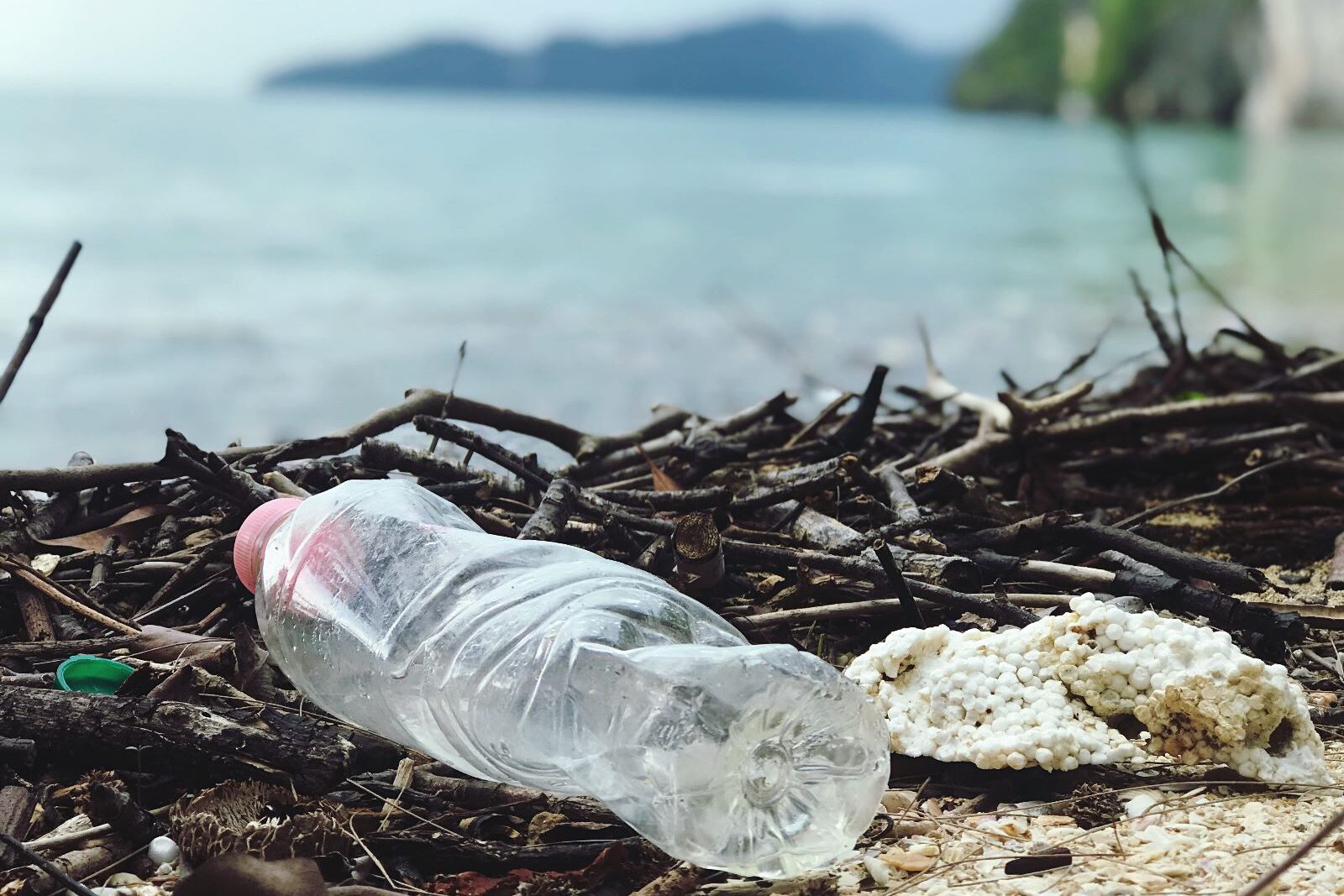
Shop consciously!
Another important aspect that affects gastronomy is shopping. It is better (and tastier) to support local farmers and buy their products. And choose products, especially vegetables, not packed in plastic bags.
Another issue is the packaging of cleaning agents. It is worth buying industrial cleaning chemicals and pouring them into dispensers. Not only because of the more favorable price but also because of reducing the consumption of plastic.
Conscious decisions that will help us take care of our business and the environment are important. We need to reduce consumption. We have only one world and we owe respect to the environment.

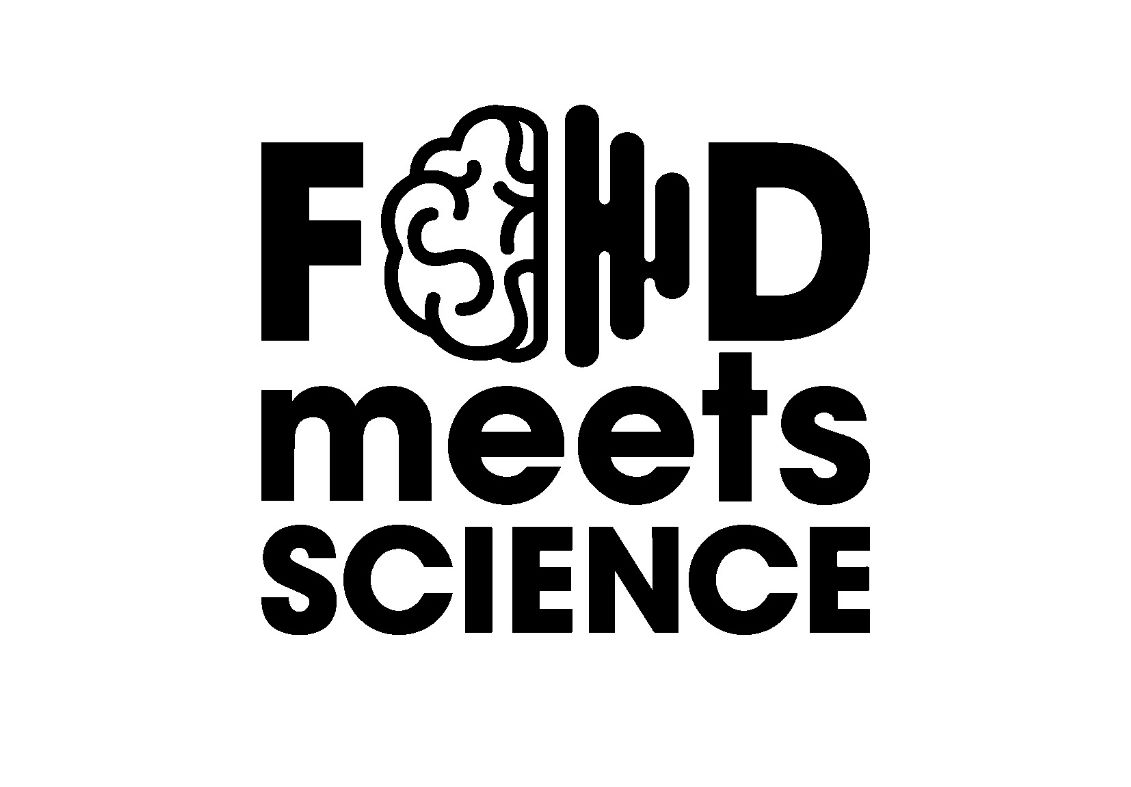



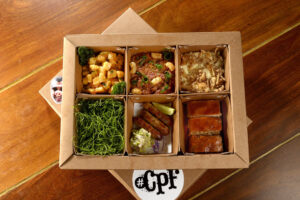


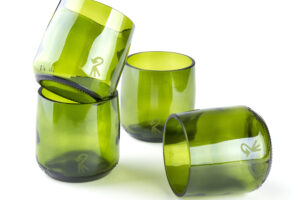
Post a comment